Through our accountability reporting process, our Independent Review Panel identifies good practices from the reports sent by our members. Browse our library and get inspired by innovative CSO accountability practices!
Want to find good practices on a specific topic? Click on one of the topics below.
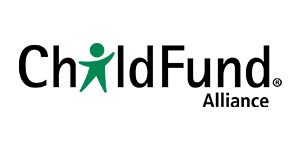
ChildFund Alliance’s Child-Friendly Accountability
The Child-Friendly Accountability approach aims to ensure children have safe means to participate in monitoring the performance of child protection systems and holding duty bearers accountable. Children are supported in building their knowledge, in identifying protection gaps and facilitating direct action or advocacy with their communities to address these gaps....
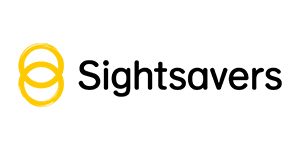
Sightsavers enhances accountability at the local level
Sightsavers’ accountability report covers the activities of the entire organisation including Sightsavers’ seven subsidiary entities (Sightsavers UK, US, Ireland, India, Norway, Sweden and Italy). These entities operate integrally with the Secretariat: their performance and any data requested under Accountable Now’s reporting framework is integrated into the Secretariat’s accountability report....

Oxfam strengthens safeguarding through Core Standards and a Global Case Management System
One Oxfam Safeguarding Core Standards offer a simplified, easy to understand and ‘non-negotiables’ document, offering a summary of Oxfam’s multiple public safeguarding commitments to guide practice (assess gaps, support planning, analyse performance), strengthen safeguarding systems and ultimately help hold managers in Oxfam accountable....
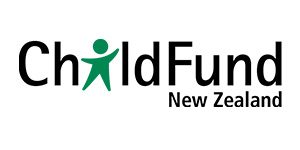
ChildFund New Zealand plants trees to ensure sustainable income and carbon offsetting
ChildFund New Zealand is committed to the principle of doing no harm as well as ensuring that their work is sustainable, appropriate, feasible, and empowering (SAFE), which includes protecting the environment as well as enhancing the natural environment of our places of work. For this reason, CFNZ tracks their carbon...
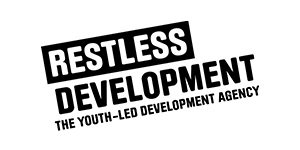
Restless Development engages young people, communities, staff, and partners across their agency and programmes
Restless Development’s strategic model is built around long-term community engagement led by volunteers. Stakeholder engagement is built into programme design, delivery and monitoring, evaluation and learning systems – young people are part of programme design teams, and work with peers and other community members on all aspects of the programme....
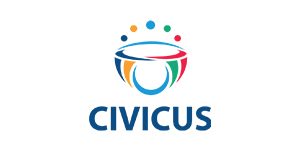
CIVICUS’ comprehensive approach to diversity and inclusion goes beyond gender issues
CIVICUS sees diversity and inclusion as a journey that civil society must embark on together, and is committed to tackling institutional structures from all perspectives. A Social Inclusion Toolkit helps CIVICUS members assess their work on inclusion beyond gender and age, and includes definitions, reflective questions, and activities....

CIVICUS’ advocacy work is grounded in partnerships and co-creation with local partners and members
An integral part of CIVICUS’ approach is that advocacy work is done jointly with members and local partners. Advocacy work is co-created in partnerships and published with mutual consent, and advocacy positions are based on a “sense check” with voices on the ground....

Greenpeace’s advocacy is built on scientific research as well as stakeholder opinions
The Greenpeace International Science Unit at the University of Exeter identifies and communicates scientific information on the key issues Greenpeace is working on. Greenpeace also gathers input from experts in the field, and conducts situation and power analyses and audience assessments....
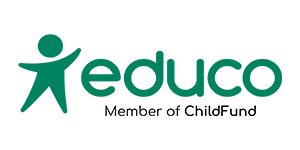
Sound fundraising policies and diversification of funds underpin Educo’s strong approach to resource acquisition
Educo has a Donation Policy, a Policy for Collaborating with Companies (in Spanish), and an Investment Policy which aim to ensure that funds received do not restrict the free action of the organisation, and they work in line with the Spanish Fundraising Association’s Code of Conduct for Development Fundraising in...

Child participation is key to Educo’s work, from inception to evaluation
Educo’s approach is thorough, with participation worked into all stages of projects, and meaningful, adapted to context and individual needs, and with a commitment to learning and improving participatory practices. Children participate in all stages of Educo’s projects, from conception and planning through a participatory Child Rights Situational Analysis process,...

ChildFund New Zealand’s Road Map approach to sustainable outcomes
ChildFund New Zealand’s Road Map approach is their preferred approach to building partnerships within communities. Their aim is to ensure that development work does not create long-term dependencies and so this Road Map approach focuses on strengthening localisation and self-reliance....
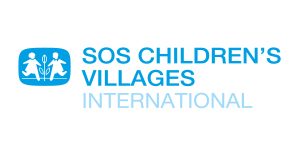
How SOS Children’s Villages engages children and youth in all aspects of their work
YouthCan! is a partnership project focused on giving vulnerable young people the opportunity to become ready for the job market and to lead independent lives. Project partners make use of their expertise, networks and experience to create new avenues and opportunities for young people to transition successfully into professional life....
Do you have any questions about our good practices or do you think your organisation has something to contribute?

